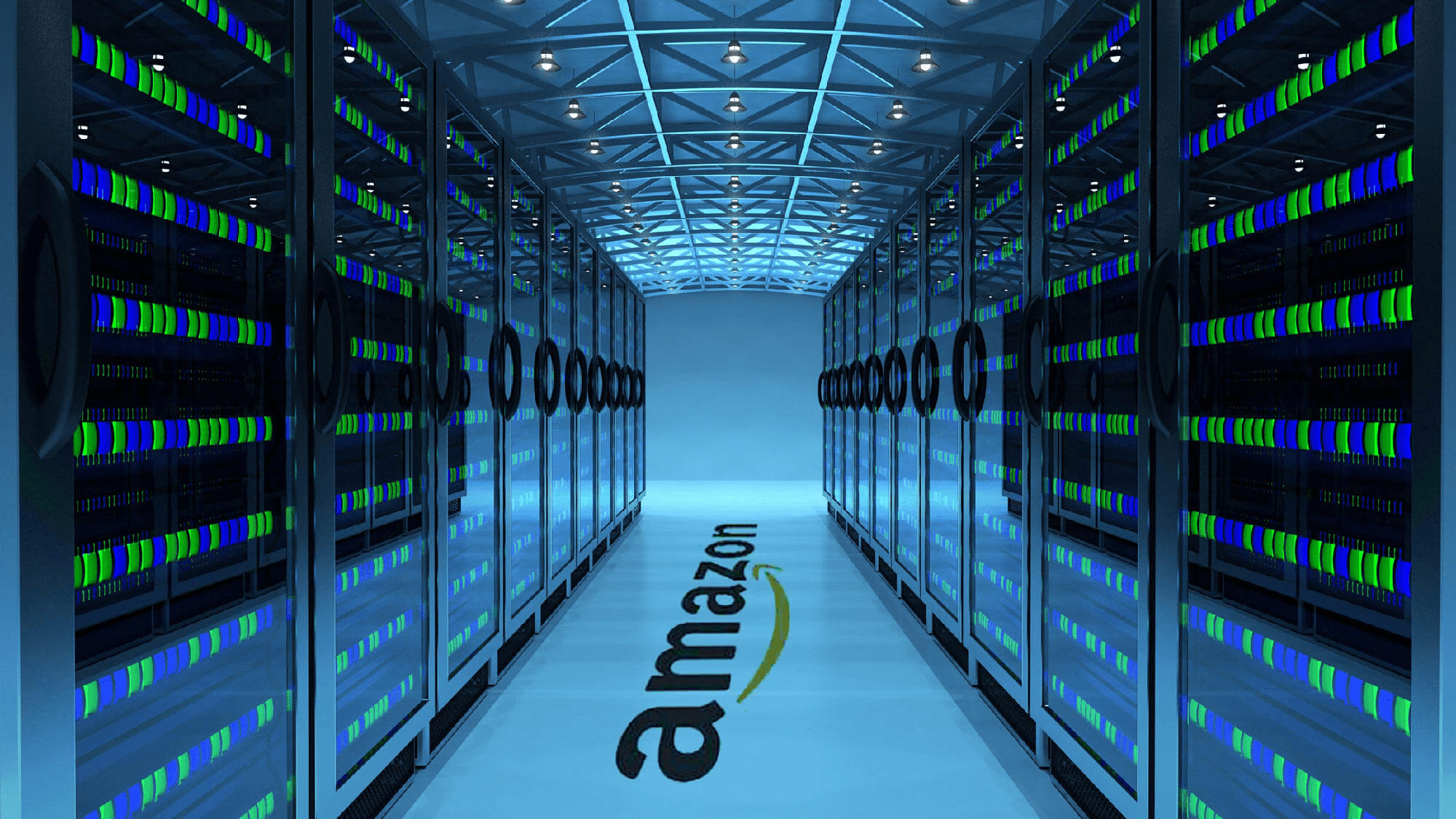Amazon Web Services (AWS) offers a wide variety of servers to choose from, each with its own set of features and benefits. The following is a brief overview of the different types of AWS servers:
- Amazon Elastic Compute Cloud (EC2): EC2 is a service that provides resizable computing capacity in the cloud. It offers a wide variety of instance types to choose from, each with different CPU, memory, and storage configurations. EC2 is a good choice for a wide variety of workloads, including web applications, databases, and high-performance computing.
- Amazon Elastic Beanstalk: Elastic Beanstalk is a service that makes it easy to deploy and manage applications in the cloud. It takes care of all the details of setting up and configuring EC2 instances, so you can focus on developing your application. Elastic Beanstalk is a good choice for developers who want to focus on their application and not worry about the underlying infrastructure.
- Amazon Relational Database Service (RDS): RDS is a service that provides fully managed relational databases in the cloud. It offers a variety of database engines to choose from, including MySQL, PostgreSQL, and Oracle. RDS is a good choice for businesses that need a reliable and scalable database solution.
- Amazon Simple Storage Service (S3): S3 is a service that provides object storage in the cloud. It is a good choice for storing any type of data, including images, videos, and documents. S3 is highly scalable and reliable, making it a good choice for businesses that need a robust storage solution.
- Amazon Elastic MapReduce (EMR): EMR is a service that makes it easy to process large amounts of data in the cloud. It uses Hadoop and Spark to process data in parallel, making it a good choice for businesses that need to analyze large datasets.
These are just a few of the many types of AWS servers available. When choosing a server, it is important to consider your specific needs and requirements. For example, if you need a high-performance server for a web application, you will need to choose an EC2 instance with a powerful CPU and plenty of memory. If you need a reliable database server, you will need to choose an RDS instance with a high availability option.
Once you have chosen a server security management, you can use the AWS Management Console to set it up and configure it. You can also use the AWS Command-Line Interface (CLI) or the AWS SDKs to manage your servers. AWS servers offer a wide variety of features and benefits, making them a good choice for businesses of all sizes. If you are looking for a scalable, reliable, and cost-effective way to host your applications and data, AWS servers are a good option.
Here are some of the Benefits of using AWS servers:
- Scalability: AWS servers are highly scalable, so you can easily add or remove capacity as needed.
- Reliability: AWS servers are highly reliable, with a 99.99% uptime SLA.
- Cost-effectiveness: AWS servers are cost-effective, with a pay-as-you-go pricing model.
- Security: AWS servers are secure, with a wide range of security features and services.
If you are considering using AWS servers, I recommend that you read the AWS documentation. This documentation provides detailed information about all aspects of AWS servers, including setup, configuration, and management. You can also find many helpful tutorials and videos on the AWS website.

As the editor of the blog, She curate insightful content that sparks curiosity and fosters learning. With a passion for storytelling and a keen eye for detail, she strive to bring diverse perspectives and engaging narratives to readers, ensuring every piece informs, inspires, and enriches.










